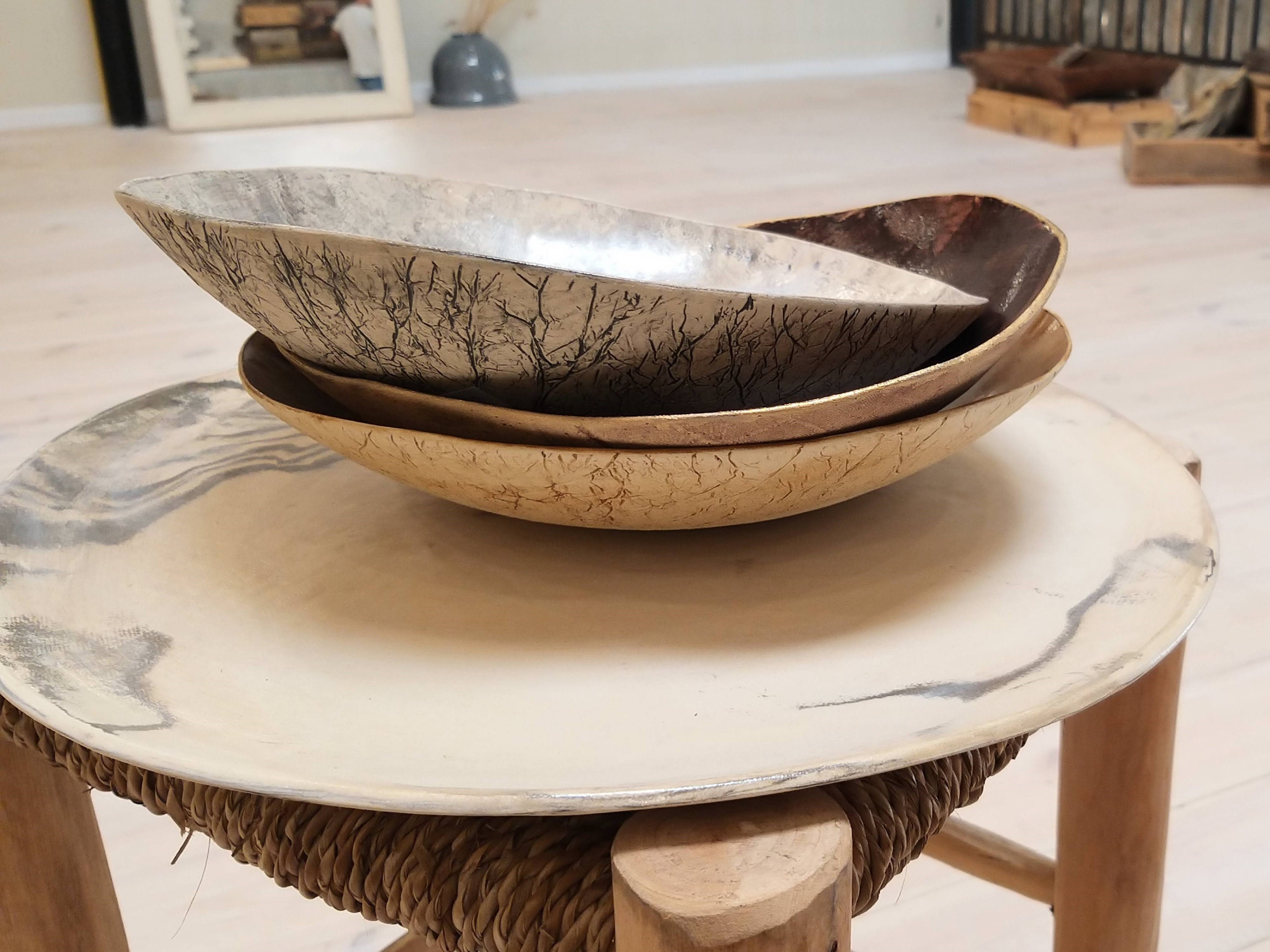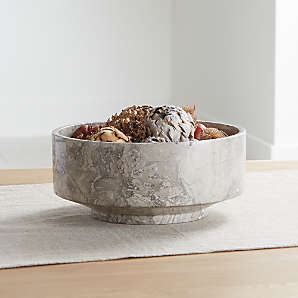Welcome to my comprehensive guide on decorative bowl centerpieces! Through personal experiences and a passion for home decor, I’ll help you discover the art of using decorative bowls to add flair and personality to your living spaces. Whether you’re a seasoned interior designer or just starting to explore home decoration, this guide is for you.
What is a Decorative Bowl Centerpiece?
A decorative bowl centerpiece is a versatile and stylish element used in home decor. These centerpieces can be made from various materials including glass, ceramic, wood, or metal and can hold decorative items such as flowers, fruit, candles, or themed decor. They often serve as a focal point on tables, mantels, or shelves, bringing life and elegance to your home.
The Benefits of Using Decorative Bowls
- Versatility: Decorative bowls come in different shapes and sizes, making them suitable for various settings.
- Style: They can enhance the aesthetic appeal of your space, adding texture and color.
- Seasonal Decor: Easily change contents to reflect seasons or holidays.
- Functional: They can serve practical purposes, such as holding fruit or keys.
Choosing the Right Decorative Bowl
Size Matters
When selecting a decorative bowl, consider the size of your space. A large bowl can make a bold statement in a spacious dining room, while smaller bowls work well on coffee tables or nightstands.
Material Considerations
Different materials offer distinct visual impacts:
- Glass: Elegant and timeless, perfect for showcasing colorful contents.
- Ceramic: Adds texture and is available in a variety of colors and patterns.
- Wood: Brings warmth and a rustic feel.
- Metal: Offers a modern and sleek look.
Style and Design
Decorative bowls come in numerous designs—minimalist, bohemian, vintage, and more. Choose a style that complements your overall decor theme.
Popular Themes for Decorative Bowl Centerpieces
1. Natural Elements
Using elements from nature, such as stones, pinecones, and moss, creates a perfect earthy centerpiece.
2. Seasonal Decor
Changing your bowl’s contents with the seasons; for example, autumn leaves and acorns in the fall or colorful eggs during Easter, keeps your decor fresh.
3. Color Coordination
Matching the colors of your bowl with your room’s color palette can create harmony.
4. Candles and Lights
Incorporating candles or fairy lights within your bowl can add a cozy and inviting atmosphere.
Styling Your Decorative Bowl Centerpiece
The Rule of Three
When arranging items in your bowl, use the Rule of Three. Group three types of items together for a balanced look.

Layering and Height Variation
Mix different heights and shapes to create interest. For example, combine tall candlesticks with shorter decorative items.
Texture Play
Combine different textures, such as smooth stones with rough burlap or soft moss, to enhance visual appeal.

Maintenance Tips for Decorative Bowls
- Regular Cleaning: Dust regularly and clean with appropriate materials based on the bowl’s material.
- Content Management: Change out contents frequently to keep the centerpiece looking fresh and new.
- Storage: Store delicate bowls carefully to prevent damage.
Comparison Table of Decorative Bowl Materials
| Material | Pros | Cons |
|---|---|---|
| Glass | Elegant, versatile, allows for visibility of contents | Fragile, can be heavy |
| Ceramic | Textured, colorful, durable | Can be heavy, may chip |
| Wood | Warmth, rustic feel, lightweight | Can scratch easily, may require oiling |
| Metal | Modern, durable, easy to clean | Can be cold in appearance, may dent |

Pros and Cons of Decorative Bowl Centerpieces
Pros
- Adds visual interest and style
- Facilitates personal expression
- Easy to change with seasons or occasions
- Functional for various uses
Cons
- Can collect dust or dirt if not maintained
- May require regular updates for seasonal themes
- Some materials can be fragile

FAQs About Decorative Bowl Centerpieces
What types of items can I put in a decorative bowl?
Items can range from natural elements like stones and shells to seasonal decor such as ornaments or flowers, depending on the theme you’re going for.
How do I choose the right size bowl for my table?
Consider the dimensions of your space; larger tables can accommodate bigger bowls, while smaller tables benefit from more petite centerpieces.
Can I mix different materials in one centerpiece?
Absolutely! Mixing materials can create a more dynamic and visually appealing arrangement as long as they complement each other.

How often should I change the contents of my decorative bowl?
It’s a good idea to refresh the contents seasonally or whenever you feel your decor needs a little pick-me-up.
Are decorative bowls suitable for outdoor settings?
Some materials are more suited for outdoor use than others. For example, metal and ceramic can work well outside if they are weather-resistant.
